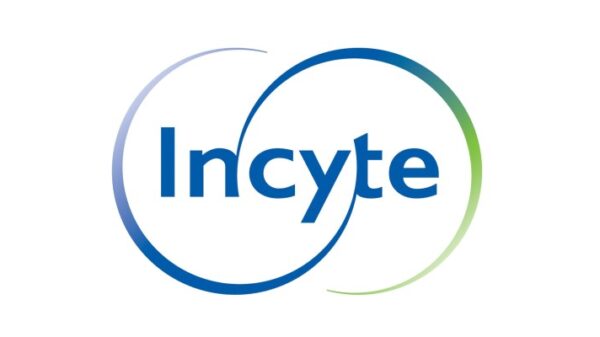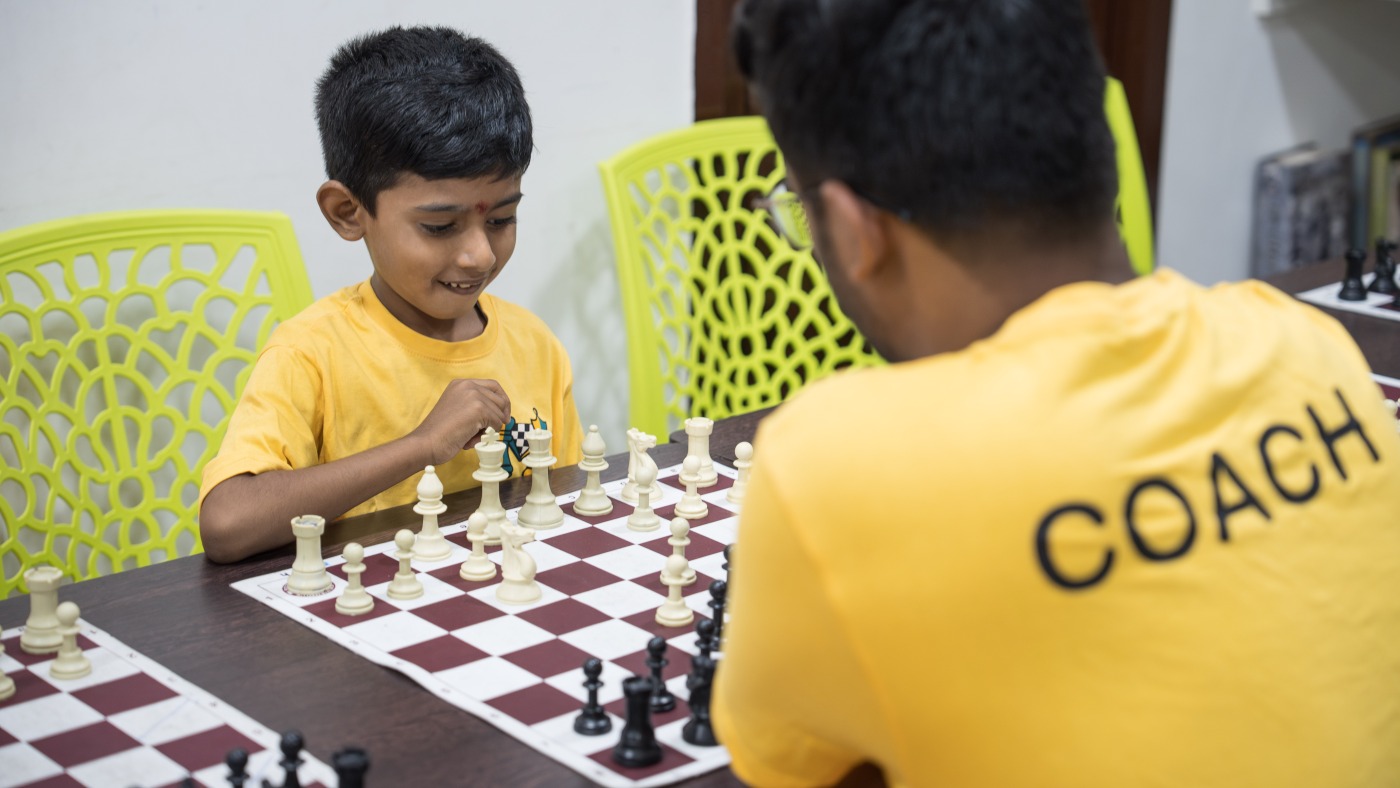The landscape of global chess is witnessing a significant transformation, largely driven by India’s emerging talents. At the FIDE Women’s Chess World Cup held in July 2023 in Georgia, 19-year-old Divya Deshmukh made headlines as she competed against some of the world’s top-ranked players. Entering the tournament as an underdog, Deshmukh pushed her opponents to the limit, ultimately securing a victory against Koneru Humpy, the world’s sixth-ranked player. After her thrilling match, Deshmukh reflected on her performance, acknowledging her mistakes while also celebrating her remarkable achievement.
Deshmukh’s triumph is emblematic of a broader success story in Indian chess. In 2022, both the men’s and women’s teams swept the Chess Olympiad in Budapest, Hungary, further establishing India’s presence on the international stage. Additionally, Gukesh Dommaraju made history in December 2022 by becoming the youngest world champion at just 18 years old. With Deshmukh’s recent victory, she has become India’s 88th grandmaster, enhancing the nation’s prospects at the upcoming women’s world chess championship.
Historical Context and Cultural Shifts
For decades, chess was dominated by Russian and European players. However, historians suggest that India is the birthplace of the game, tracing its roots back to chaturanga, an ancient Indian board game. This historical connection adds a layer of significance to India’s current chess renaissance.
The popularity of chess has surged globally since the onset of the COVID-19 pandemic, with many turning to online platforms for engagement. The success of Netflix’s series, The Queen’s Gambit, coincided with this trend, leading to an increase in chess participation. India has emerged as a primary beneficiary of this resurgence, with cities like Nagpur and Chennai becoming hubs for aspiring chess players.
Deshmukh, who hails from Nagpur, was introduced to chess at the age of five, transitioning from a desire to play badminton when a coach encouraged her to explore chess instead. She has since dedicated herself to the sport, a commitment echoed by many young players across India.
Chennai, in particular, has earned a reputation as the “factory of Indian chess,” with a third of all Indian grandmasters originating from the city. The local chess culture is underpinned by a robust grassroots system, where schools provide support for promising players, allowing them to train and compete.
The Role of Parents and Coaches
The involvement of parents in a young chess player’s journey is crucial. Many parents prioritize their children’s chess development, as seen in the cases of Gukesh Dommaraju and the Rameshbabu siblings, who receive extensive support from their families. This commitment often includes travel arrangements for competitions and personalized coaching.
Yet, the pressure to succeed can sometimes lead to an unhealthy competitive environment. Young players like six-year-old Rivina have shared experiences of overbearing parental expectations during tournaments, highlighting the fine line between encouragement and pressure.
Viswanathan Anand, India’s first world champion, reflects on the cultural shift surrounding chess. In his youth, chess was often viewed as a distraction from academics. Now, it is increasingly recognized as a viable career path, prompting greater parental support. The Indian government also plays a role in this transformation by offering job opportunities in the public sector to top players, providing financial stability alongside the chance to pursue their passion.
Despite the progress, some challenges remain. The predominance of English in chess literature and coaching materials poses a barrier for many aspiring players. According to the 2011 census, only about 10% of Indians are fluent in English, limiting access to critical resources for the majority of the population.
To address this issue, Venkatesh Enumalai launched the Tamil Chess Channel on YouTube, providing chess tutorials in Tamil, a language spoken by millions in India. With over 80,000 followers, the channel aims to democratize chess education and empower Tamil-speaking communities. Enumalai’s initiative reflects a growing recognition of the need for inclusive resources that cater to diverse linguistic backgrounds.
As chess gains momentum in India, there is optimism about the country’s potential to become a dominant force in the global chess arena. With a rich history and a new generation of passionate players, India is poised to shape the future of the game. As Enumalai aptly puts it, nurturing talent at the grassroots level could enable the country to achieve its ambition of becoming the world’s leading chess nation.







































































